Are you concerned about visible LED strip cords affecting the overall look of your decor? If yes, hiding the cords is the best solution. Let us show you how to do it seamlessly.
The best way to hide LED strip light cords is by using cord covers, cable raceways, or routing the wires through walls and furniture. These solutions will keep your installation clean and professional.
Keep reading to discover more tips and techniques for hiding LED strip light cords effectively.
Why Hiding LED Strip Light Cords Matters
Ensuring Safety and Durability
Visible cords can be a tripping hazard, especially in high-traffic areas like hallways, living rooms, or workspaces. Tripping over cords can cause injuries and lead to damage to your LED strip lights, which are delicate and can easily be dislodged or broken. By concealing them, you not only improve the aesthetic appeal but also enhance safety. Hidden cords are less likely to get tugged or damaged, ensuring the longevity of your LED strip lights. Additionally, concealed cords are protected from pets and children who might accidentally pull or chew on them, adding another layer of safety and durability to your lighting setup.
Maintaining a Professional Look
Exposed wires can make even the most meticulously planned lighting project look amateurish and unfinished. Whether you’re setting up LED strip lights in a commercial environment, or residential space, maintaining a polished and professional appearance is crucial. Concealing cords helps achieve this by creating a seamless look that integrates smoothly with your existing decor. A clean installation speaks volumes about attention to detail and can significantly impact the overall perception of your space, making it appear more sophisticated and well thought out.
Enhancing Aesthetic Appeal
The modern, sleek look of LED strip lights can be significantly undermined by visible cords. LED lighting is often chosen for its ability to enhance the aesthetic appeal of a space with minimalistic and elegant illumination. Hiding the cords helps to preserve these clean lines and uninterrupted visual flow, ensuring your decor remains sophisticated and visually pleasing. Whether it’s under cabinets, along the edges of ceilings, or behind furniture, concealed cords contribute to a cohesive and harmonious look. This not only improves the overall appearance of your space but also allows the lighting to shine as the focal point, enhancing the ambiance and mood.
Common Methods to Conceal LED Strip Light Cords
Using Cord Covers
Cord covers are a quick and easy solution to hide LED strip light cords. They come in various sizes and colors to match your wall or trim, providing a discreet way to conceal wires. Cord covers can be easily cut to the desired length and painted to blend seamlessly with your interior decor. They are ideal for running cords along baseboards, door frames, or ceilings, ensuring that the wires remain out of sight while still being accessible if adjustments are needed. Cord covers also protect the wires from dust and physical damage, adding an extra layer of safety and durability to your setup.
Cable Raceways
Cable raceways are an excellent option for organizing and hiding multiple cords. They are designed to snap open and close, making it easy to add or remove cables as needed. Available in various sizes and styles, cable raceways can be painted to match your walls, providing a clean and professional look. They are particularly useful in office environments or home entertainment setups where multiple cables need to be managed. Installing cable raceways along the floor, ceiling, or walls helps keep the cords organized and prevents them from becoming tangled or damaged.
Routing Wires Through Walls
For a more permanent solution, consider routing your wires through the walls. This method requires some DIY skills or professional help but results in a completely hidden setup. By running the wires behind the walls, you can ensure that they are completely out of sight, creating a seamless and uncluttered look. This approach is particularly effective for large installations or when you want to keep the cords entirely invisible. It also reduces the risk of accidental damage to the wires and enhances the overall safety and durability of your lighting system.
Integrating Cords with Furniture and Decor
Hide cords by running them along the back of furniture or through decorative elements like molding or trim. This technique utilizes existing features in your room to keep wires out of sight. For example, you can run the cords along the back of a bookshelf, behind a couch, or under a bed frame. Using furniture and decor to conceal the wires not only hides them but also keeps them protected from physical damage. This method allows you to maintain the aesthetic integrity of your space while ensuring that the cords are well-managed and out of view.
Decorative Cord Concealers
If you can’t hide cords completely, make them part of your decor. Decorative cord concealers come in various styles and can be painted or covered with fabric to blend seamlessly with your interior design. These concealers can be shaped like vines, ropes, or other decorative elements that enhance the look of your space. By incorporating the cords into your decor, you can create a unique and visually appealing solution that adds character to your room. This approach is particularly useful for spaces where completely hiding the cords is not practical or possible.
Advanced Techniques for a Seamless Look
In-Wall Power Kits
In-wall power kits are designed to hide both the power supply and the cords, offering one of the most seamless solutions for concealing LED strip light wires. These kits typically include a power outlet and cable management system that can be installed inside the wall, allowing you to run the power supply and cords through the wall space. This method not only hides the unsightly cords but also provides a more professional and finished appearance.
Installing an in-wall power kit involves cutting a hole in the drywall and running the power cables inside the wall cavity, connecting them to an existing power source. This might sound complex, but many kits come with detailed instructions and are designed for DIY installation. However, if you’re not comfortable with electrical work, it’s wise to hire a professional to ensure safety and compliance with local building codes.
Using in-wall power kits is particularly beneficial for large installations or for areas where exposed wires would be highly noticeable, such as behind a wall-mounted TV or in a living room with an open floor plan. This technique keeps your setup sleek and unobtrusive, allowing the beauty of your LED strip lights to shine without distraction.
Custom Built-In Solutions
For a truly bespoke solution, custom built-in options offer unmatched elegance and integration. These solutions might involve specially designed channels or conduits built directly into your walls or ceiling during construction or renovation. Alternatively, you can design custom furniture pieces that incorporate hidden spaces for LED strip cords, ensuring that all wiring remains completely out of sight.
Custom built-in channels can be made from a variety of materials, such as plastic, metal, or wood, depending on the design and location. These channels can be integrated into baseboards, crown moldings, or even within the architecture of the room itself. For example, you might have channels built into the edges of a coffered ceiling, allowing LED strips to be installed with no visible wiring.
Another approach is to design furniture with built-in cord management. For instance, entertainment centers, bookshelves, or even bed frames can be constructed with hidden compartments specifically for routing and concealing LED strip cords. This not only hides the wires but also protects them from wear and tear, ensuring a longer lifespan for your lighting setup.
Custom solutions require more planning and investment, but the results can be stunning. They offer the highest level of integration and cleanliness, making your lighting installation look as if it were always part of the room’s design. This attention to detail can significantly enhance the overall aesthetic and functionality of your space, providing a seamless and sophisticated finish.
Tips for a Clean and Professional Installation
Planning Your Layout
Before starting your installation, it’s crucial to plan your layout carefully. Begin by measuring the length of the cords and determining the best routes to hide them. Consider where your power sources are located and how the cords will need to run to connect your LED strip lights effectively.
Create a detailed diagram of your space, marking the positions of the LED strips, power outlets, and any obstacles you might need to work around. This visual aid will help you anticipate any potential issues and ensure that you have enough cord length to reach your desired locations without leaving visible wires.
Additionally, consider the aesthetics of your layout. Think about how the lighting will interact with your furniture and decor, and plan routes that minimize the visual impact of the cords. By doing this, you can achieve a cleaner, more professional look that enhances the overall appearance of your space.
Cable Management Accessories
Investing in quality cable management accessories is essential for a tidy and organized installation. Here are some accessories that can help:
- Clips: Cable clips are small, adhesive-backed holders that can be used to secure cords along walls, baseboards, and furniture. They prevent cables from sagging or becoming tangled.
- Ties: Cable ties, also known as zip ties, are great for bundling cords together. They come in various sizes and can be trimmed to fit. Use them to group cables neatly and keep them out of sight.
- Velcro Straps: Velcro straps are reusable and adjustable, making them a versatile option for cable management. They are especially useful for areas where you might need to make frequent adjustments to your setup.
- Cable Raceways: As mentioned earlier, cable raceways are enclosed channels that hide cords along walls or ceilings. They can be painted to match your decor and provide a clean, streamlined appearance.
- Cord Covers: Cord covers are flexible tubes that encase multiple cords, keeping them together and protected. They can be used on floors or along baseboards to conceal cables and prevent tripping hazards.
- Cable Boxes: These are enclosures designed to house power strips and excess cable length, keeping everything organized and out of sight. They are perfect for areas with multiple electronic devices.
Using these accessories will help keep your cords organized, prevent tangling, and ensure a professional-looking installation. They also make it easier to manage and maintain your lighting setup, as you can quickly identify and access specific cords when needed.
By planning your layout and using cable management accessories, you can achieve a clean and professional installation that enhances the beauty and functionality of your LED strip lights. This attention to detail not only improves the aesthetic appeal of your space but also extends the life of your lighting setup by protecting the cords from damage and wear.
FAQ's
Q: What is the best way to hide LED strip light cords in a living room?
A: The best way to hide LED strip light cords in a living room is by using cord covers or cable raceways that match your wall or trim color. You can also route the cords through the walls or behind furniture to keep them out of sight and maintain a clean, professional look.
Q: How can I ensure that my LED strip light installation looks professional?
A: To ensure a professional look, plan your layout carefully, use quality cable management accessories like clips, ties, and Velcro straps, and consider advanced techniques like in-wall power kits or custom built-in solutions. Proper planning and the right tools will help you achieve a seamless and polished installation.
Q: Are there any safety concerns with exposed LED strip light cords?
A: Yes, exposed LED strip light cords can be a tripping hazard and may get damaged easily. Concealing the cords helps improve safety by reducing the risk of trips and falls and protecting the cords from wear and tear.
Q: Can I hide LED strip light cords without professional help?
A: Absolutely. Many methods for hiding LED strip light cords, such as using cord covers, cable raceways, or integrating cords with furniture, can be done as DIY projects. However, for more complex solutions like routing wires through walls, you may want to consult a professional.
Q: How do I hide LED strip light cords on a ceiling without crown molding?
A: If you don’t have crown molding, you can use a cable hider or install the LED strip lights along the top edge of the wall, creating a skylight effect. This method keeps the cords hidden while providing a subtle, ambient light.
Q: What are some creative ways to hide LED strip light cords in a bedroom?
A: In a bedroom, you can hide LED strip light cords by integrating them with furniture, such as running the cords along the back of your bed frame or behind nightstands. Decorative cord concealers that match your decor can also add a stylish touch.
Q: How can I hide LED strip light cords on shelves?
A: You can hide LED strip light cords on shelves by securing them along the back edge of the shelves with clips or adhesive tape. Additionally, using decorative items like planters or books to cover the cords can enhance the overall look.
Q: Are cable raceways a good option for hiding multiple LED strip light cords?
A: Yes, cable raceways are an excellent option for organizing and hiding multiple LED strip light cords. They can be painted to match your walls and provide a clean, professional appearance while keeping the cords protected and out of sight.
Q: What should I consider when hiding LED strip light cords in high-traffic areas?
A: In high-traffic areas, ensure that the cords are securely hidden to prevent tripping hazards. Use durable cord covers or route the cords through walls to keep them protected and out of the way. Additionally, make sure the installation allows for easy access to the cords for maintenance.
Q: How can I hide LED strip light cords on outdoor installations?
A: For outdoor installations, use weatherproof cable covers or conduits to protect and conceal the LED strip light cords. You can also route the cords along the edges of your patio or deck, securing them with outdoor-rated clips to ensure a neat and durable setup.
Conclusie
Hiding LED strip light cords is essential for safety, durability, and maintaining a professional look. Whether you opt for cord covers, cable raceways, or more advanced techniques like in-wall power kits, the key is careful planning and using the right tools. By following these tips, you can achieve a clean and seamless installation that enhances the aesthetic appeal of your space.
As you embark on your lighting projects, consider Unitop, een van China's toonaangevende fabrikanten van LED-strip verlichting en LED neon flex. With our extensive range of high-quality products and expertise in the LED industry, we are committed to helping you achieve the perfect lighting solution for your needs. If you have any further questions or specific requirements, don’t hesitate to contact met ons opnemen immediately. Let Unitop light the way to a more beautiful and functional space.

Tom is nu de Sales Manager van Unitop (China) Co.. Hij is in de LED Verlichting industrie sinds 2005. Hij is een expert in verkoop & marketing, en fabrieksmanagement. Hij houdt van bodybuilding, en hij is ook een gekke Apple-fan! Hij is een hardwerkende man en houdt ervan te leren en nieuwe dingen te proberen.
Email: tom@unitopledstrip.com WhatsApp: +86-18680307140

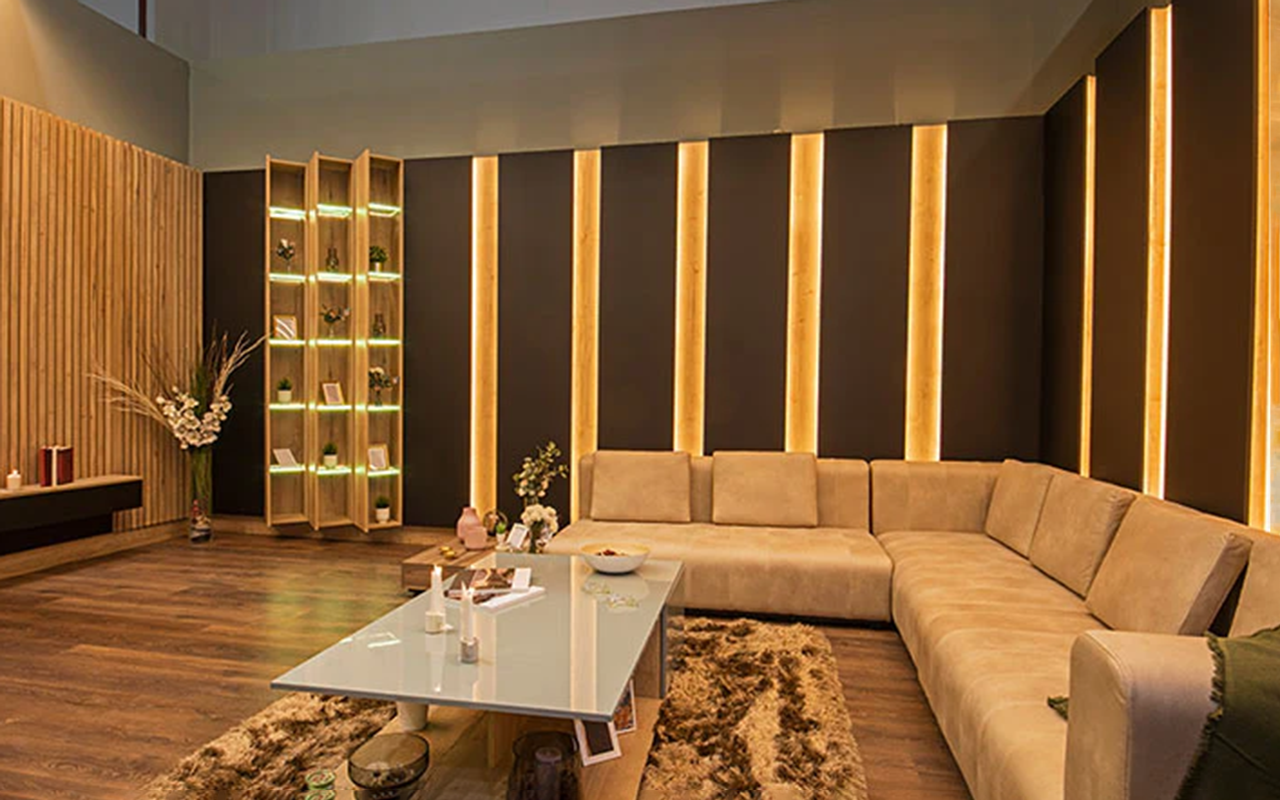
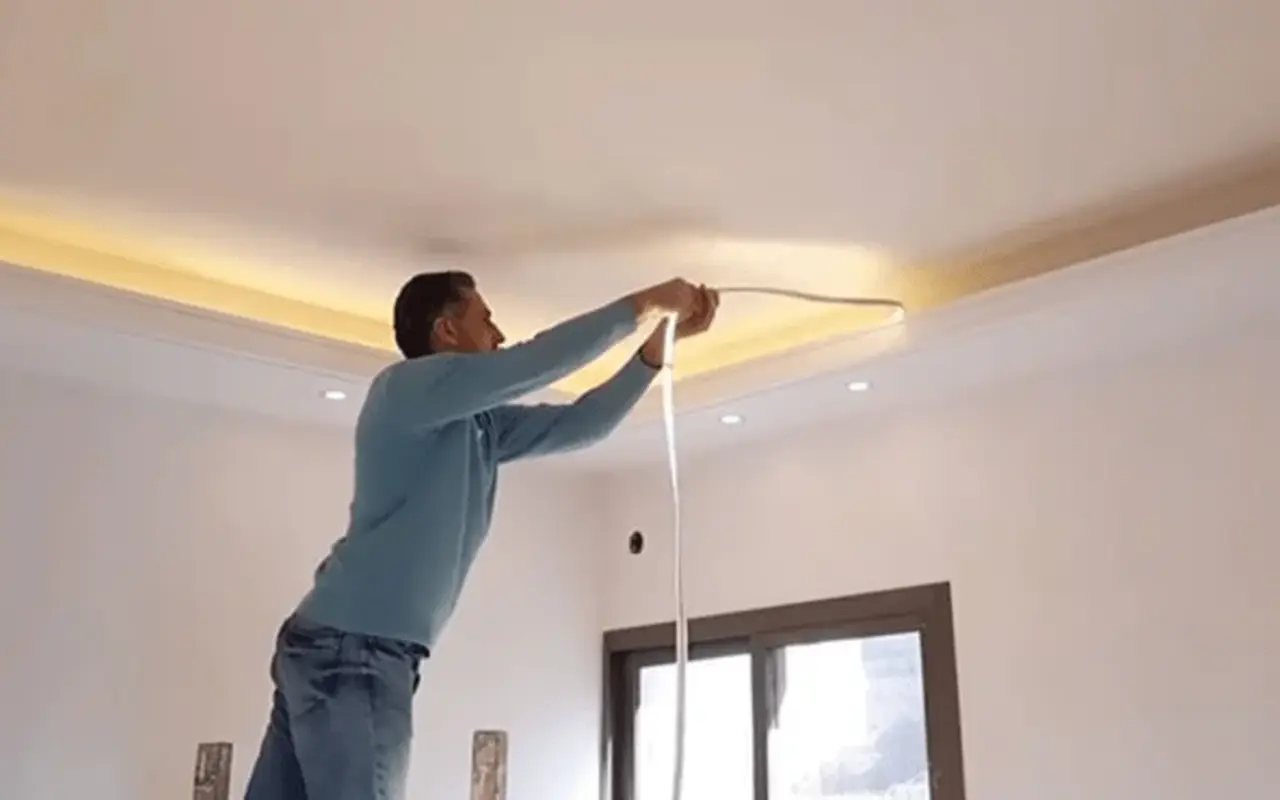
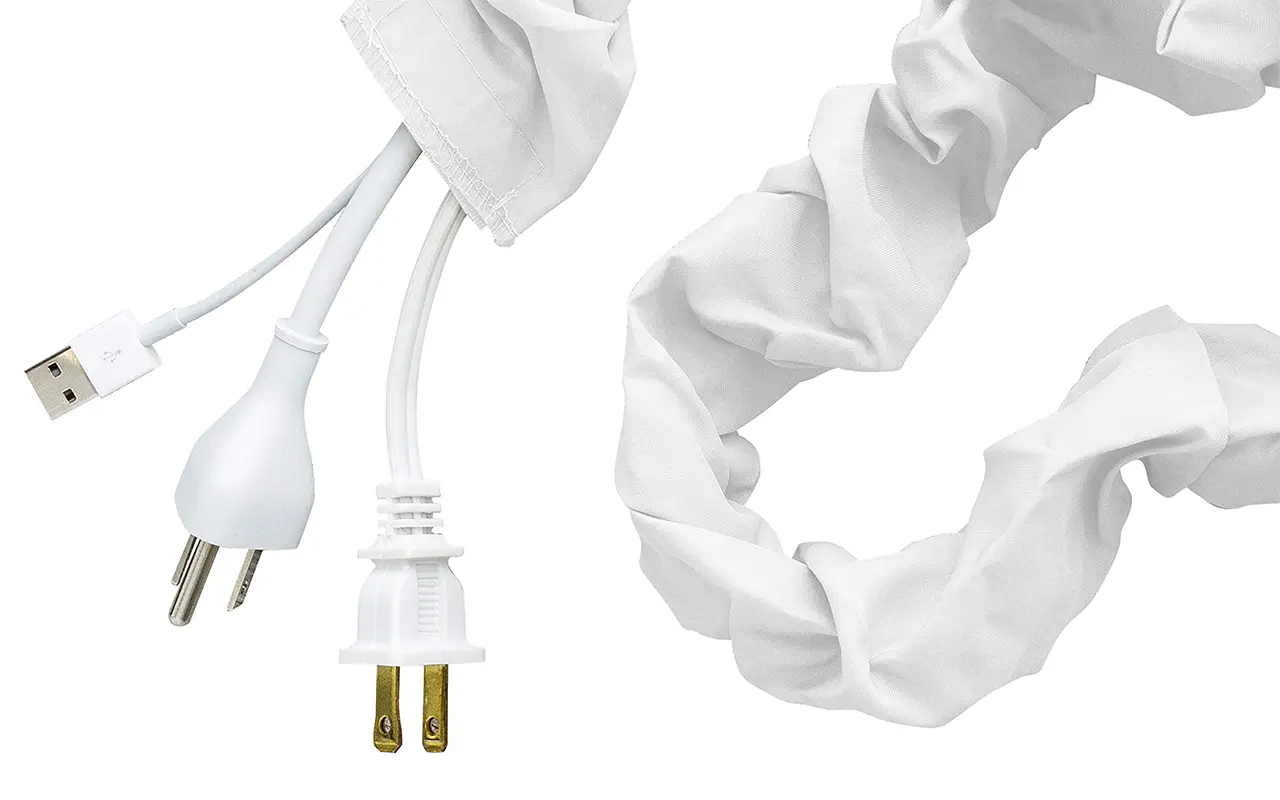
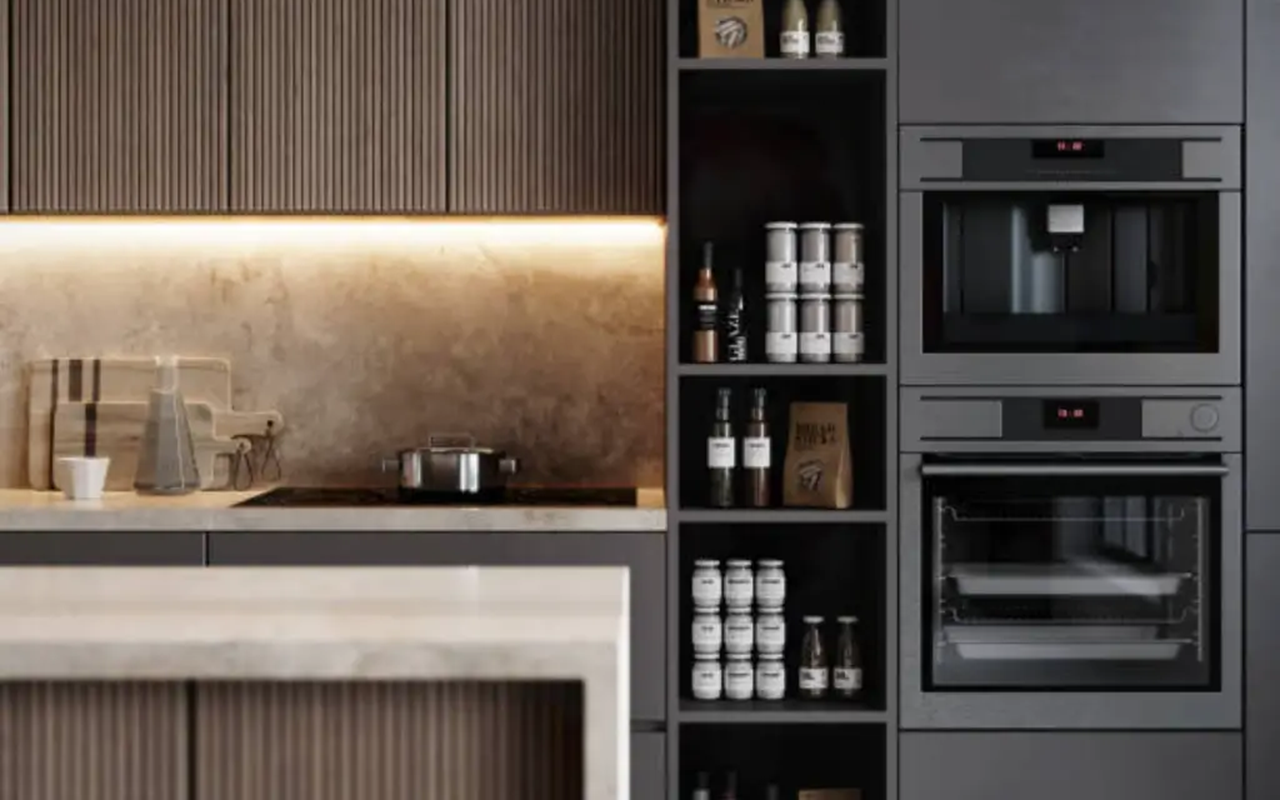
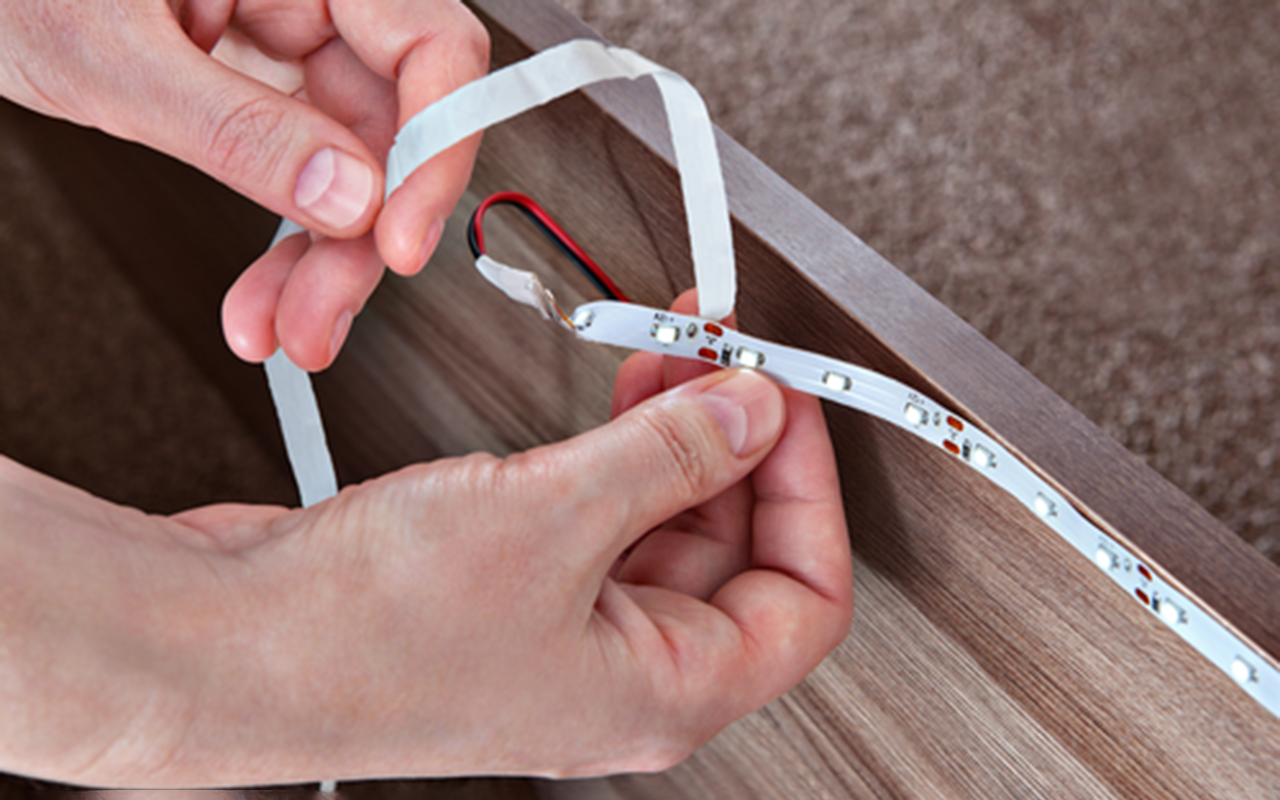

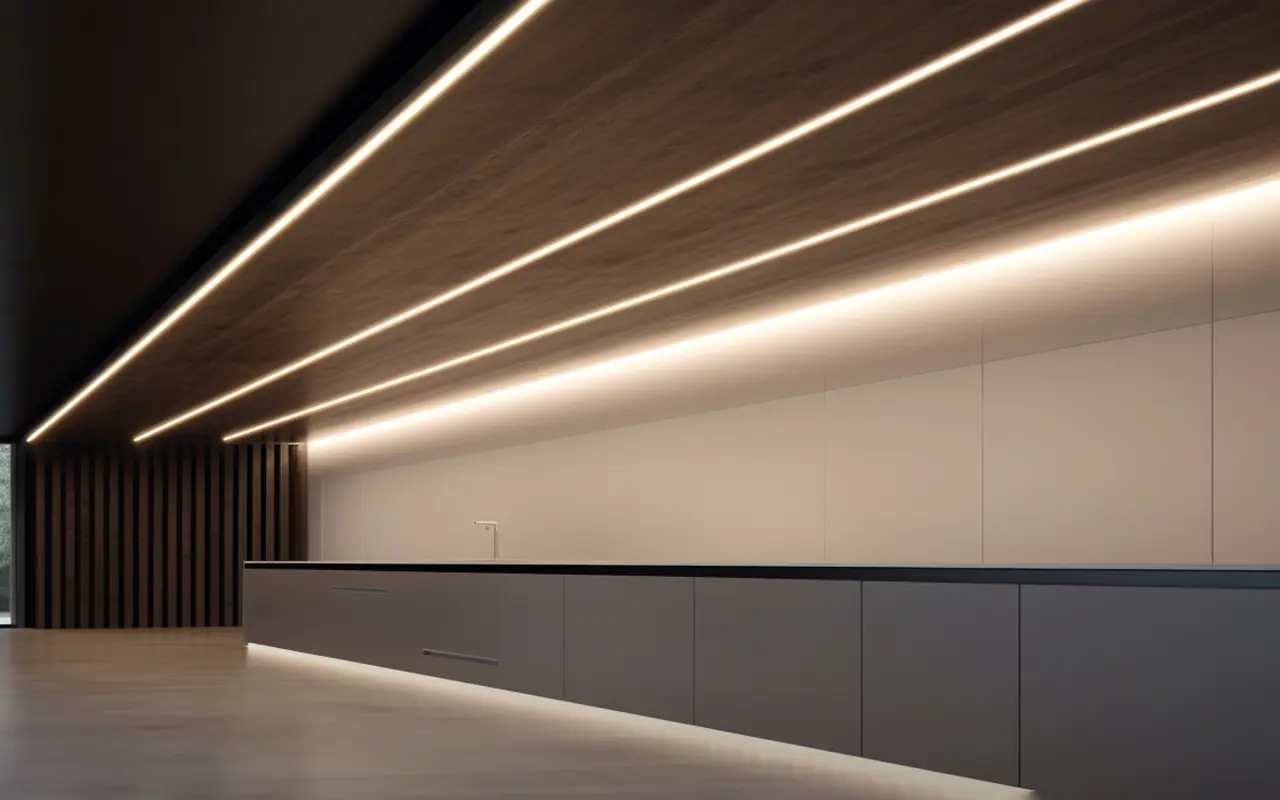
Laat een reactie achter
Wil je meedoen aan de discussie?Voel je vrij om bij te dragen!